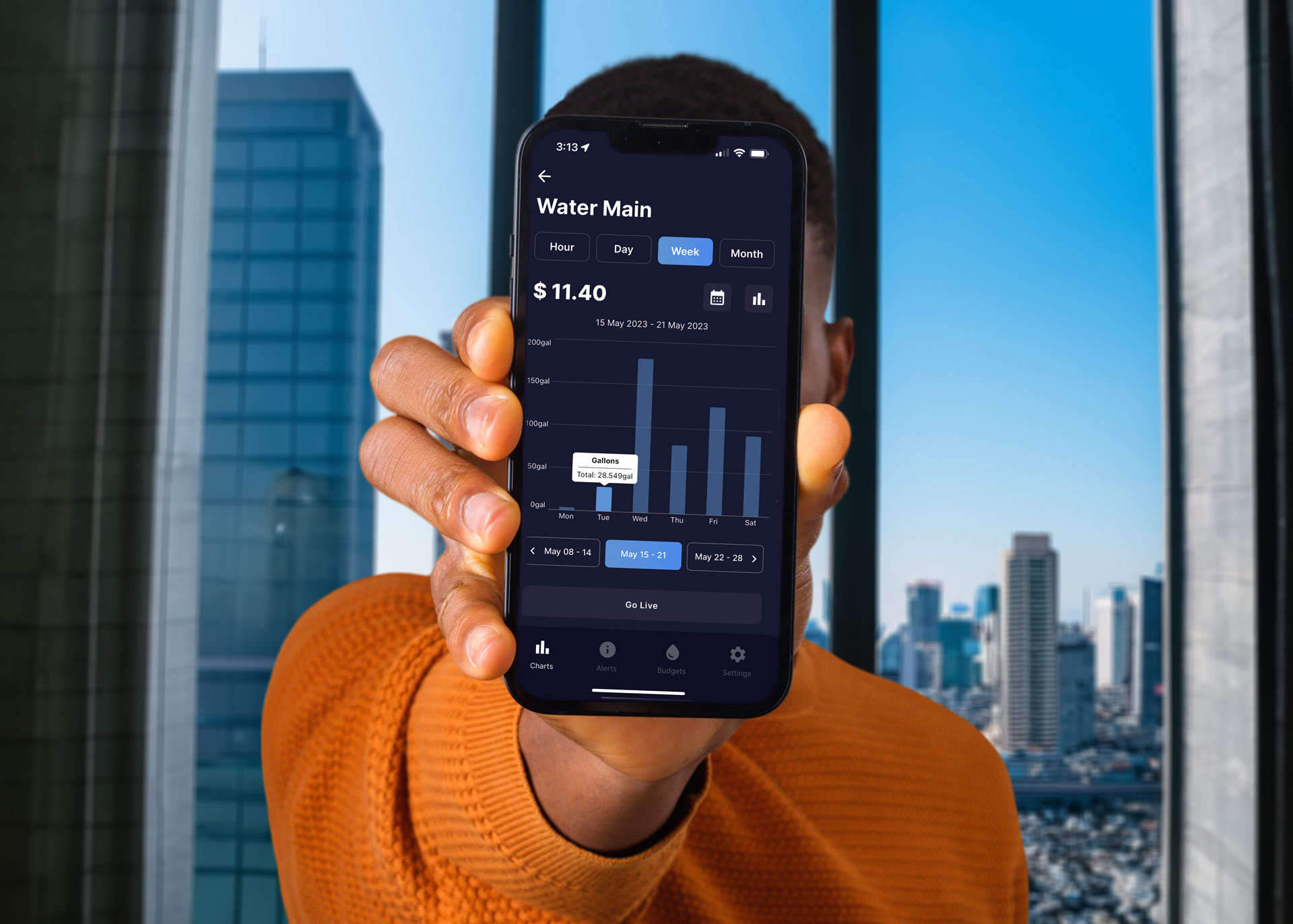
Life, as we know it, depends on water. It’s no wonder the average American family uses over 300 gallons of it per day.
But with rapidly depleting resources, increasing population, and climate change, monitoring water usage has become a rising concern worldwide – especially for all you landlords and property managers out there.
At bluebot, we’re here to help. Because our mission is to help you save water, reduce costs, and build a sustainable future.
That’s why we’ve put together this blog post, reviewing the best types of water saving technology you can utilize to attain the benefits above.
Let’s get started.
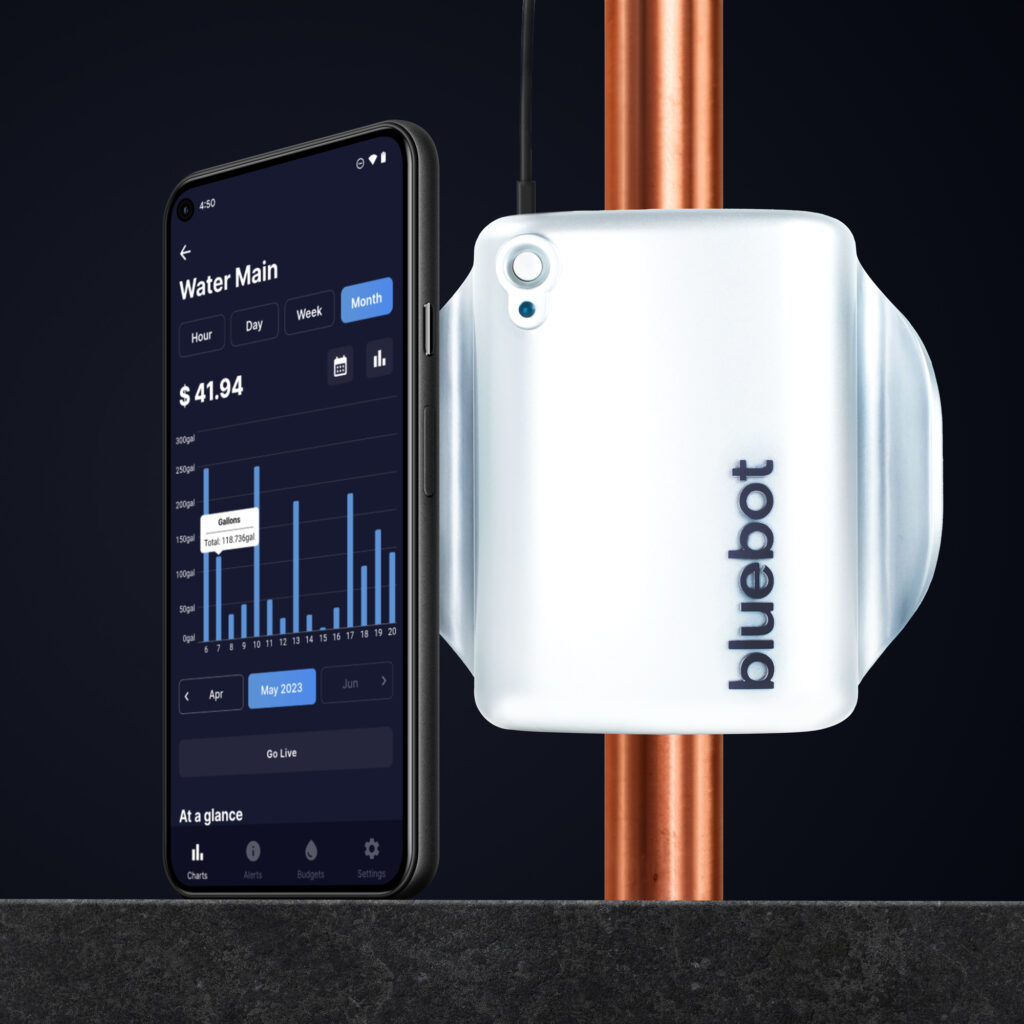
Do you know how much water you (or your tenants) consume daily? Smart water meters do.
These devices track your property’s water usage in real-time, providing you with detailed flow rate and consumption data. Moreover, they can detect leaks and alert you right away, preventing a small leak from becoming a huge disaster.
And of every water saving device on the market, we believe bluebot is by far the best option for landlords and property managers.
Yes, we may be bias, but we’ve seen the impact of our smart water monitors first hand. We’ve seen them consistently save users an average of 30% on water usage and costs.
We’ve also seen our smart water monitors help Hawaii University discover a 5,000 gallon leak.
You’re property could be next. If you’re interested in learning more about bluebot and how it can help you save water and money, check this out.
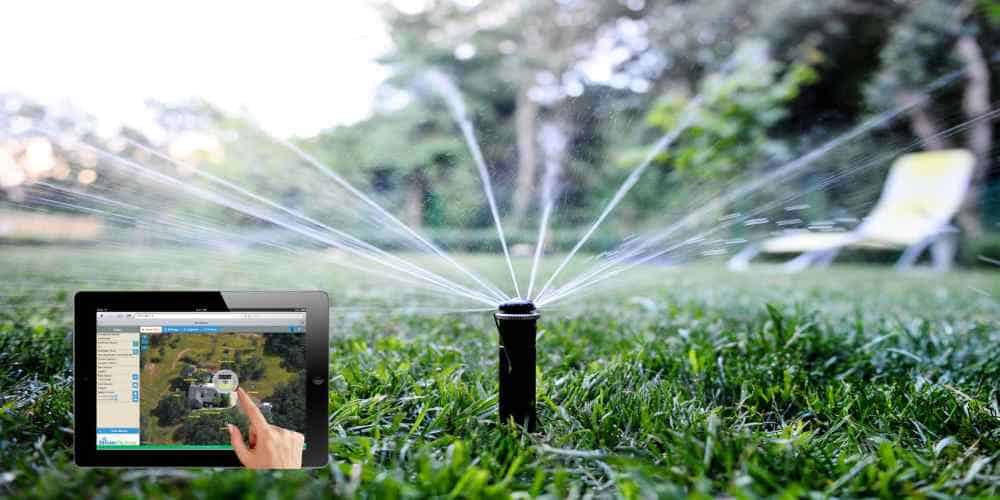
Irrigation system leaks are the worst. And as a landlord or property manager, you’re probably well aware of how traditional irrigation systems can be extremely wasteful.
They operate on timers (oblivious to the real water needs of your plants) or local weather conditions, which results in overwatering, tons of water waste, and worst of all – outrageously high utility bills.
Here’s where smart irrigation systems come in. They use weather data and soil moisture sensors to tailor watering schedules and amounts to your plants’ actual needs. So, no more overwatering or wasted water.
Plus, most can be managed remotely, giving you peace of mind and control over your property’s irrigation, wherever you are.
To help you find the smart irrigation system that’s right for you, check out this curated list from the New York Times.
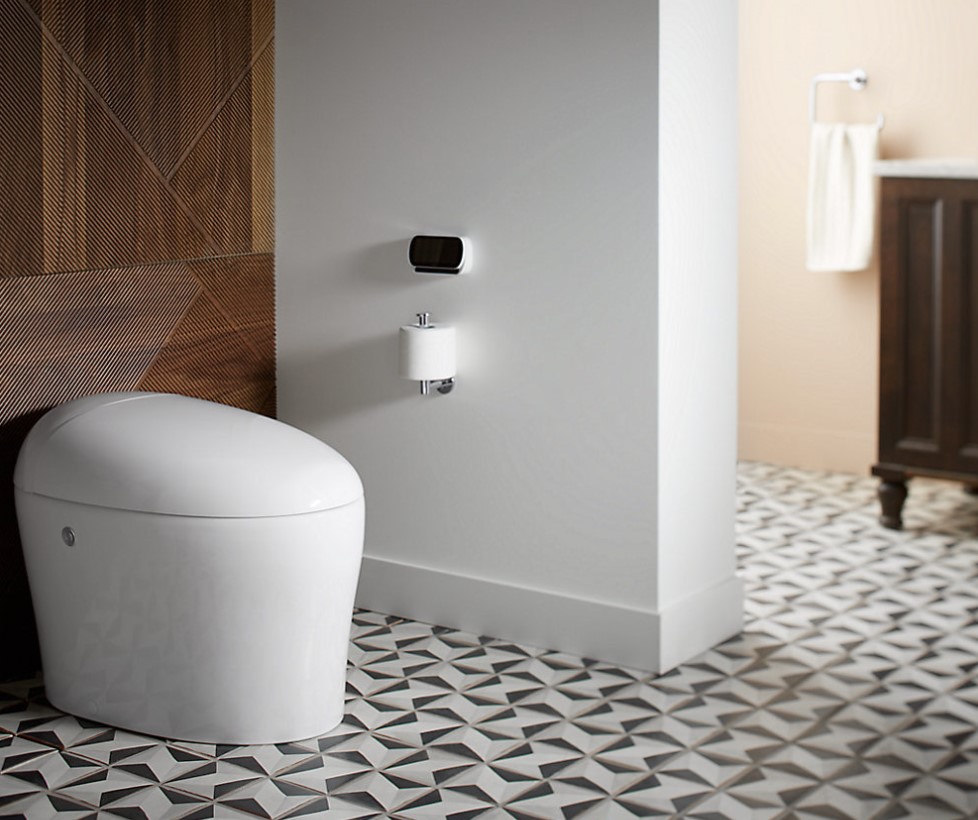
Another easy solution to help you (or your tenants) save on your water bill is to install smart water-saving appliances. Because with the conventional/standard appliances, people consume water with reckless abandon, leading to needless waste and inflated water bills.
Smart water-saving appliances can help eliminate those hot water showers that turn into hour-long concerts or faucets that get left running after the phone rings (we’ve all been there).
Some of the best smart appliances you can use include high-efficiency washing machines, low-flow showerheads, and smart faucets. They use significantly less water than their conventional counterparts without compromising performance.
Imagine the peace of mind knowing that your properties are efficient, eco-friendly, and cost-effective.
We’ve handpicked some ‘best of’ lists for the following appliances to help make your research a much easier:
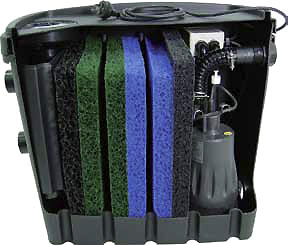
If you don’t want to splurge an an expensive smart appliance, another way to help reduce water waste at your property is through greywater recycling systems.
Greywater is the used water from showers, baths, sinks, and washing machines that, although not clean enough for drinking, can be recycled for tasks such as flushing toilets or watering gardens.
It’s a great way to reuse recycled water that would otherwise go down the drain.
While the legality of grey water systems varies by location, they’re generally permitted and considered safe if installed and maintained correctly, following local regulations and guidelines.
If you’re interested in a greywater recycling system, check out this device from Aqua2Use.
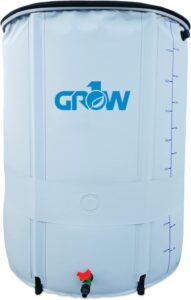
As a landlord or property manager, you may have thought about implementing a greywater recycling system, only to be put off by the inefficiency and complexity of it.
Enter rainwater harvesting systems. They consist of a catchment area (similar to a rooftop), a gutter-like mechanism, and a storage barrel or container. Without the inclusion of filtration or appropriate storage measures, water sourced from such a rudimentary setup could be used for basic applications like garden irrigation, fire control, or as grey water for toilet flushing, for instance.
If you’re interested in learning more about how these rainwater harvesting systems work, check out this in-depth guide from TreeHugger.
Here’s a curated list of some of the best rainwater harvesting kits currently available.
If you’re a landlord or property manager looking for water saving technologies that will really make a difference, you’re in luck. Because as you can see, there are plenty of great options out there to help you with your water conservation efforts.
From a bluebot smart water meter to smart irrigation devices to efficient appliances and industrial innovations, these modern technologies all help shape a more sustainable future.
And while the road ahead is long, each drop saved is a step closer to a water-secure world, lower water bills, and best of all – peace of mind.
Water-saving technology refers to innovations designed to conserve water, reducing wastage. These include low-flow fixtures, efficient irrigation systems, water recycling systems, and smart monitoring devices to track and optimize water use.
By implementing water-saving technology, landlords and property managers can drastically reduce water consumption in their properties, leading to significant savings on water bills and promoting environmental sustainability.
The different types of water saving technology including smart water meters, smart irrigation systems, smart appliances (like high-efficiency washing machines, low-flow showerheads, and smart faucets), greywater recycling systems, and rainwater harvesting systems among others.